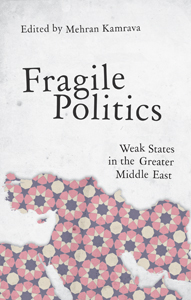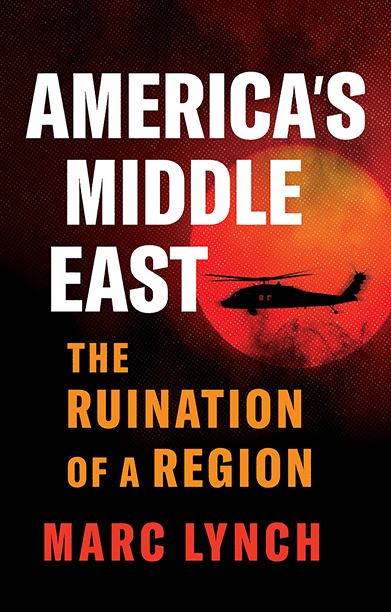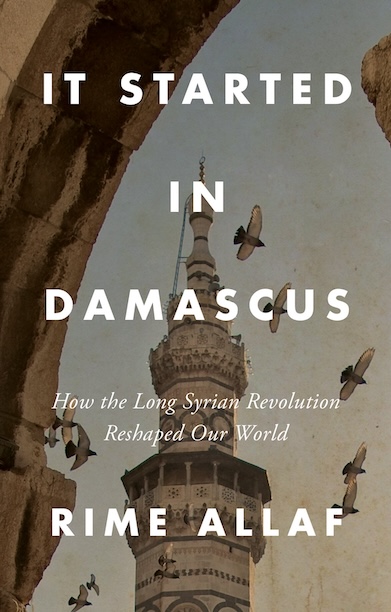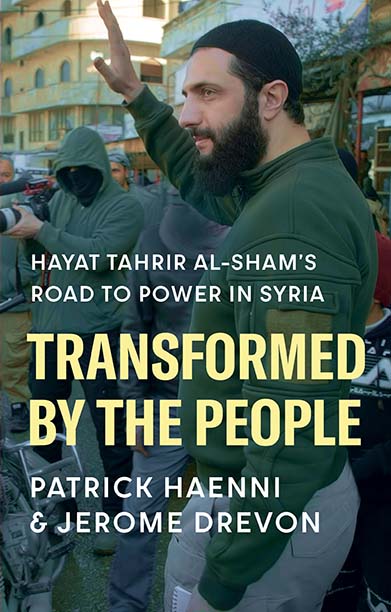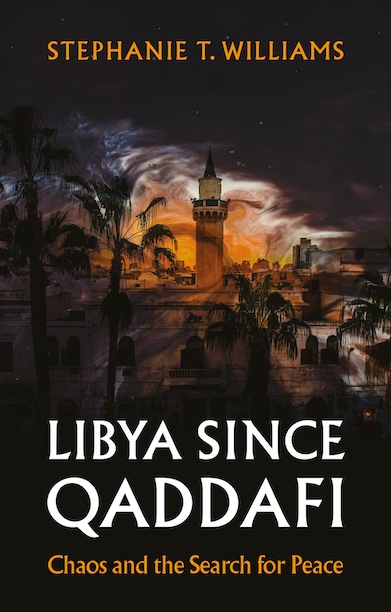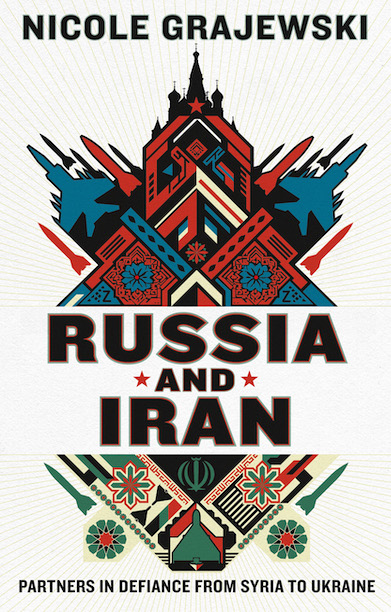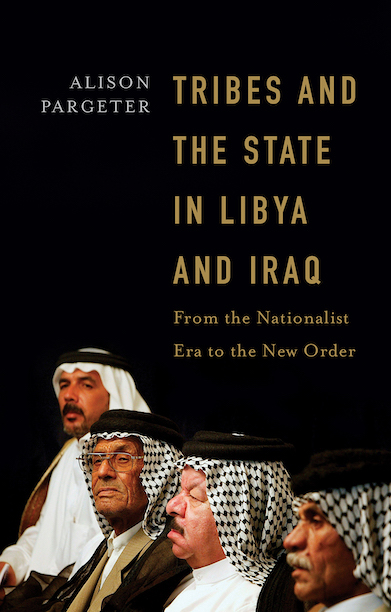Fragile Politics
Weak States in the Greater Middle East
Part of the Georgetown University, Center for International and Regional Studies, School of Foreign Service in Qatar seriesAre weak states more conspicuous in troubled regions like the Middle East or does their continued existence suggest that they have cards to play with their bigger and more bellicose neighbours?
Description
The 2011 Arab uprisings precipitated the relatively quick collapse of a number of Middle Eastern states once perceived as invincible. The Tunisian and Egyptian states succumbed to revolutionary upheavals early on, followed by that of Qadhafi’s Libya. Yemen’s President Saleh was also eventually forced to give up power. A bloody civil war continues to rage in Syria. These uprisings highlighted weaknesses in the capacity and legitimacy of states across the Arab Middle East. This book provides a comprehensive study of state weakness—or of ‘weak states’—across the Greater Middle East.
No other book examines the subject of weak states in the Middle East. Fragile Politics begins with laying the theoretical framework for their study, examining the theoretical controversies surrounding the topic, the causes and characteristics of weak states, and their consequences for the Middle East, before examining a series of case studies.
Table of contents
Introduction — Mehran Kamrava
1. Failing States or Failing Politics — Charles Schmitz
2. Questioning Failure, Stability and Risk in Yemen — Sarah Phillips
3. Interventionism and the Fear of Urban Agency in Afghanistan and Iraq — Daniel Esser
4. Libya After Qadhafi: Fragmentation, Hybridity, and Informality — Frederic Wehrey
5. Strong Actor in a Weak State: The Geopolitics of Hizbullah — Bassel Salloukh & Shoghig Mikaelian
6. Margin and Centre in Sudan — Rogaia Mustafa Abusharaf
7. Sudan: A Turbulent Political Marketplace — Alex De Waal
8. Women in the Weak State — Zahra Babar & Dwaa Osman
9. Whither Palestine: Weak State, Failed State or No State at All — Glenn Robinson
10. Diasporas and State (Re)building in the MENA Region — Laurie Brand
11. State Capacity and Aid Effectiveness in Weak States in the Greater Middle East — Mark McGillivray
Reviews
‘Fragile Politics: Weak States in the Greater Middle East is a brilliantly-structured book that offers a fresh viewpoint within the overall debate about why the Middle East is in crisis. In all cases, it shows that troubled Middle East states do not follow Westphalian ideals, and explains how dictatorial regimes are responsible for the current chaos that their countries are in. The book takes a concept that is underestimated in academic literature, simplifies it and tests it against the facts. As well as being rich in factual information, this makes the book easy to understand and follow.’ — Middle East Monitor
‘Mehran Kamrava has assembled an exceptional group of authors to help us understand the causes, courses, and consequences of weak states in the Middle East. Fragile Politics is a must-read for all those trying to understand the roots of recent turmoil and to find remedies for the dangerous disconnect between empowered societies and dysfunctional institutions.’ — Paul Salem, Vice President for Policy and Research, The Middle East Institute, Washington DC
‘This is a very engaging and well crafted volume that, in an exemplary fashion, looks at several different aspects of the fragile state syndrome in the Middle East that have not been adequately investigated until now. Well-informed, well argued, and well-sourced, Fragile Politics will be hugely valuable particularly to an undergraduate audience, and professors teaching at that level.’ — Dirk Vandewalle, Professor of Government, Dartmouth College, author of A History of Modern Libya
‘Going beyond threadbare academic debates about concepts of state weakness, failure and collapse, this important collection of case studies offers significant evidence that each state’s failings derive from a unique combination of factors and are manifested in different ways. Each state will thus overcome its weaknesses or fail further in unique ways; remedies for state weakness cannot be standardized.’ — Marina Ottaway, Middle East Fellow at The Woodrow Wilson International Center for Scholars and co-author of Getting to Pluralism: Political Actors in the Arab World
‘There has sadly never been as opportune a time as now for a scholarly study on weak states in the Middle East. For a subject greatly deserving of our attention, this volume is an exemplary reader.’ — Christopher Davidson, author of After the Sheikhs: The Coming Collapse of the Gulf Monarchies
Editor(s)
Mehran Kamrava is Professor of Government at Georgetown University in Qatar, and Director of the Iranian Studies Unit at the Arab Center for Research and Policy Studies. His books on Iranian and Middle Eastern affairs include Inside the Arab State and Triumph and Despair, both published by Hurst.
